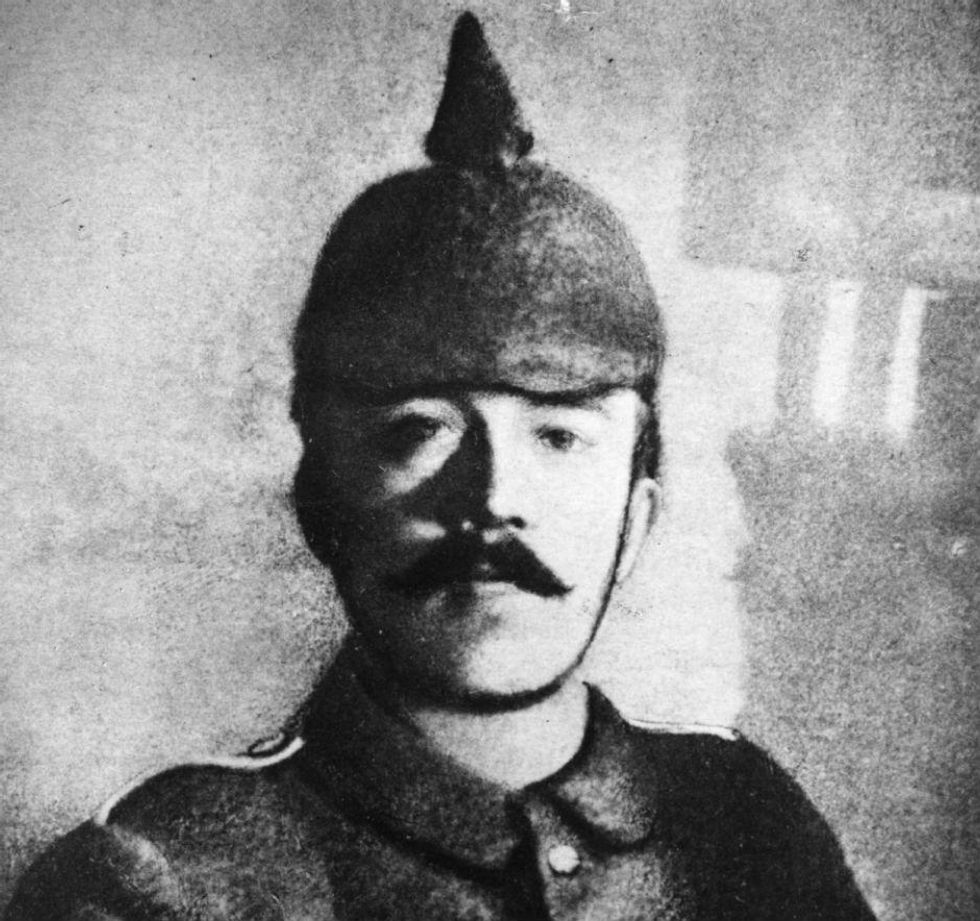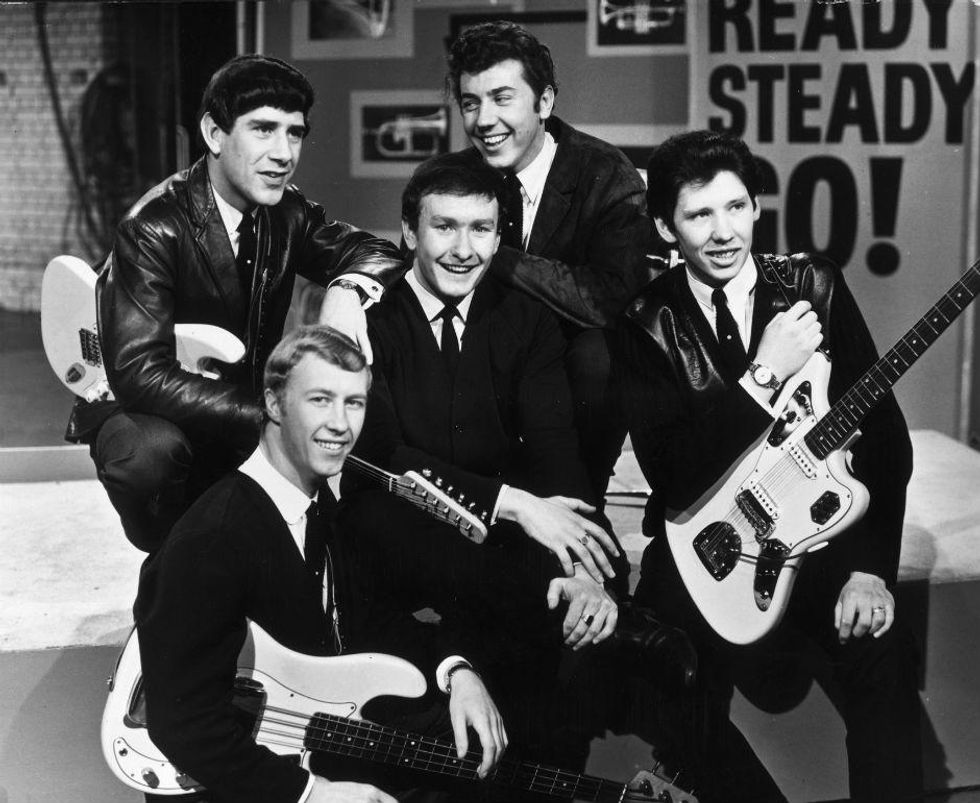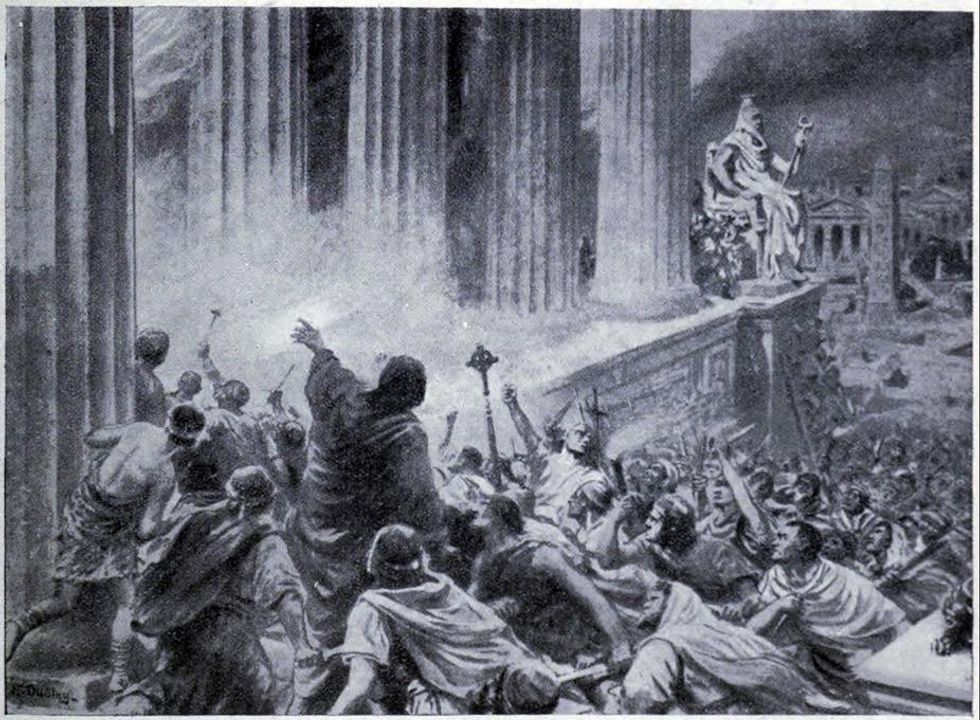One mistake in the tech world can come with enormous consequences. Take this man, for instance, who deleted his entire company with one mistaken piece of code.
Hosting provider Marco Marsala, ran the destructive command "rm -rf”, a piece of code that will delete everything it is told to, ignoring any warnings that come when deleting files.
The code deleted everything on Mr Marsala’s computer, including all his customer websites and all the files stored on there - essentially his entire company.
As blunders go, it’s a pretty large one - but it’s probably not the biggest of all time - that honour must surely go to one of the examples below.
Sign up to our new free Indy100 weekly newsletter
Here's a brief rundown of some of the world's largest gaffes:
1. Turning down JK Rowling
Twelve publishing houses rejected JK Rowling's Harry Potter manuscript before Bloomsbury finally took her on following the advice of the company chairman's eight-year-old daughter Alice.
The books were subsequently translated into over 60 languages and have earned Rowling a reported $1bn (£670m).
2. Throwing away that Bitcoin portfolio
James Howells bought 7,500 Bitcoins in 2009 when their value was next to nothing. By 2013, one Bitcoin was worth £613, giving the Welshman a portfolio worth £4.5m. The only trouble? He'd left his hard drive tucked away in a drawer for years and then thrown it away without a minute's thought. After realising his mistake, he made a hopeful trip to his local landfill site where he was told the hard drive could be at any spot under around 5ft of rubbish.
3. Not buying Google for $1m
Google founders Larry Page and Sergey Brin approached Excite CEO George Bell in 1999, saying they were looking to sell the search engine for around $1m. With Bell not keen on the initial offering, the pair went down to $750,000 in a bid to tempt him. He still rejected. Today, Google is valued at around $365bn. Oops.
4. Not shooting Hitler
In 1914, British soldier Henry Tandey, who went on to become the most decorated private in the First World War, came across an injured and unarmed Lance Corporal Adolf Hitler in a ditch, but reportedly decided not to shoot him in cold blood (although there is some dispute over the accuracy of this story).
5. Selling 610,000 shares instead of one
In 2005, a Japanese trader cost his company £190m after a so-called "fat finger" trade in which he sold 610,000 shares for 1 yen (0.5p) instead of selling one share at 610,000 yen as he was supposed to.
Despite repeated requests from Mizuho Securities to cancel the trade, the Tokyo Stock Exchange refused to comply and the company was forced to buy back the shares at an inflated cost.
6. Angering Genghis Khan
Genghis Khan, the ruler of the Mongol Empire had sought to open diplomatic and trade links with Ala ad-Din Muhammad, Shah of the neighbouring Khwarezmid empire (modern-day Iraq/Iran) in the 13th century.
However, after the offer was rejected and a Mongol diplomat beheaded, Khan reacted furiously, sending in an estimated 200,000 warriors and utterly destroying the empire.
7. Turning down Brian Acton and Jan Koum for a job
Facebook turned down programmers Brian Acton and Jan Koum at job interviews in 2009.
A few years later, Facebook paid $19bn (£11.4bn) for WhatsApp - the company the pair had developed after being rejected.
8. Ordering trains that were too wide
The French state railway SNCF spent $15bn on a new fleet of trains this year. Unfortunately, they were too wide for 1,300 station platforms across the country; a problem that will cost an estimated €50m (£36m) to fix.
“It’s like ordering a big, new car without checking the width of your garage,” said Emmanuel Grondein of the SUD-Rail trade union.
9. Signing Brian Poole and the Tremeloes
In 1962, record label Decca was looking to sign an up and coming band. They auditioned two young bands at their studios in London, deciding to sign Brian Poole and the Tremeloes. The one they rejected? A four-piece outfit from Liverpool known as The Beatles.
10. Misspelling a company name
The British government was sued for £9m after a clerical error inserting a rogue "s" saw the wrong company recorded as being in liquidation.
More than 250 people lost their jobs when Companies House mistook a 124-year-old Welsh family business called Taylor and Sons for Taylor and Son - a company that filed for bankruptcy in 2009.
11. Tetraethyl Lead
The compound tetraethyl lead was first put into petrol in 1922 when American chemist Thomas Midgley discovered that it helped the fuel burn more slowly and smoothly.
However, lead has been known to be harmful to humans for thousands of years.
Several workers adding the metal to gasoline in US factories during the early 1920s died, and at one stage Midgley himself took sick leave with lead poisoning.
Scientists also later realised that leaded petrol could be linked to brain damage among inner-city children - the fuel additive is now banned around the world.
12. The burning of the library at Alexandria
Picture: Ambrose Dudley
The library has become a symbol for the loss of cultural knowledge, having been one of the largest and most significant libraries of the ancient world before it was burned down - an act attributed to various historical figures such as Julius Caesar, Aurelian and Umar.
It didn't send us back to the stone age, but burning irreplaceable knowledge and literature is appallingly short-sighted.
13. The battle of Karánsebes, 1788
The historical accuracy of the accounts that report it is disputed, but 59 years after the date of the battle A. J. Gross-Hoffinger produced an account of the Austrian army fighting a battle against itself, in which 10,000 men were lost.
The army supposedly set up camp while the vanguard scouted for the Ottoman Turks, instead of finding Tzigani merchants who sold them alcohol.
When the remaining infantry found them drinking, but not sharing the alcohol, in-fighting broke out which some military mistook for a Turkish ambush.
Have your say in our news democracy. Click the upvote icon at the top of the page to help raise this article through the indy100 rankings.

















